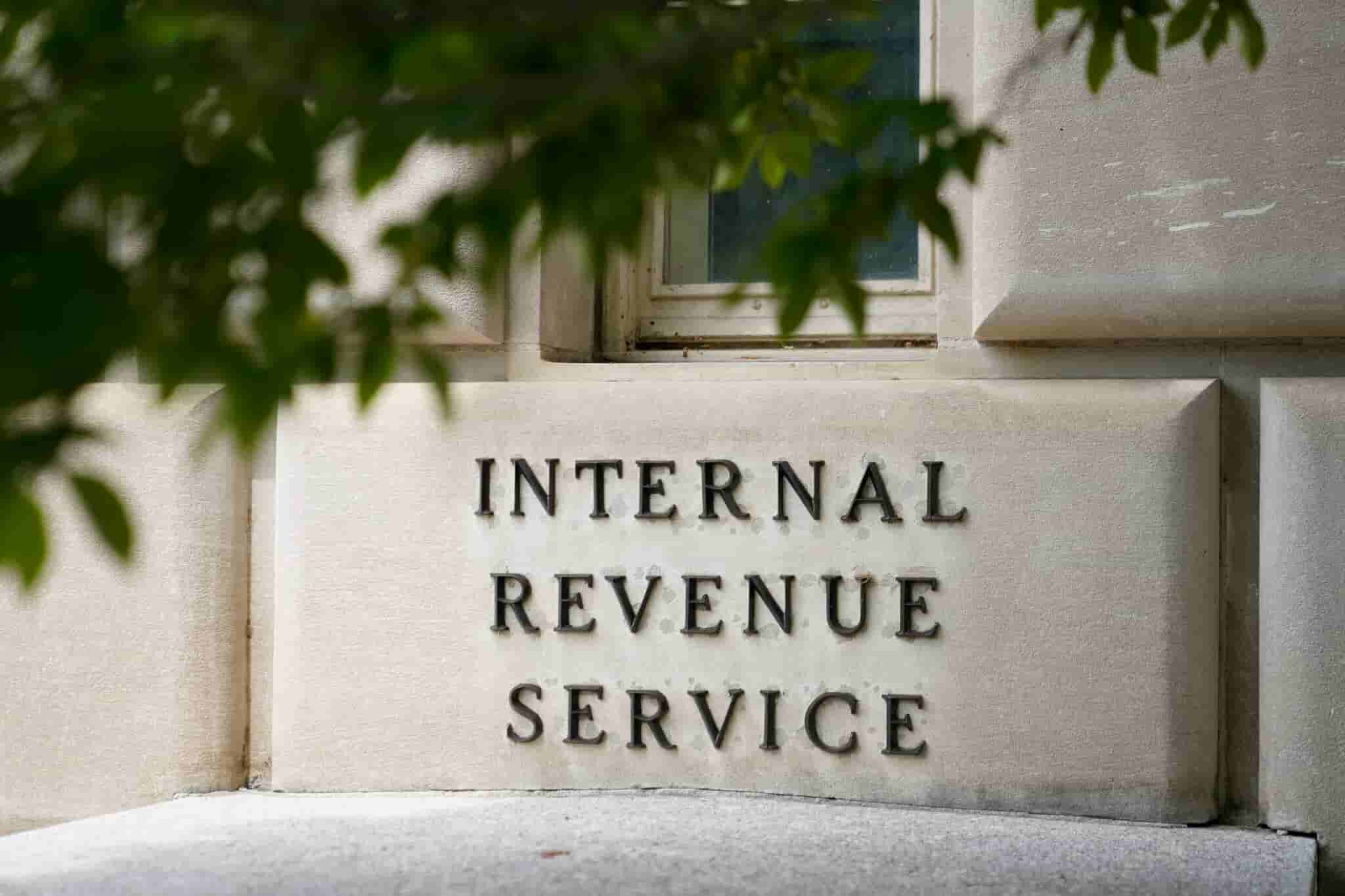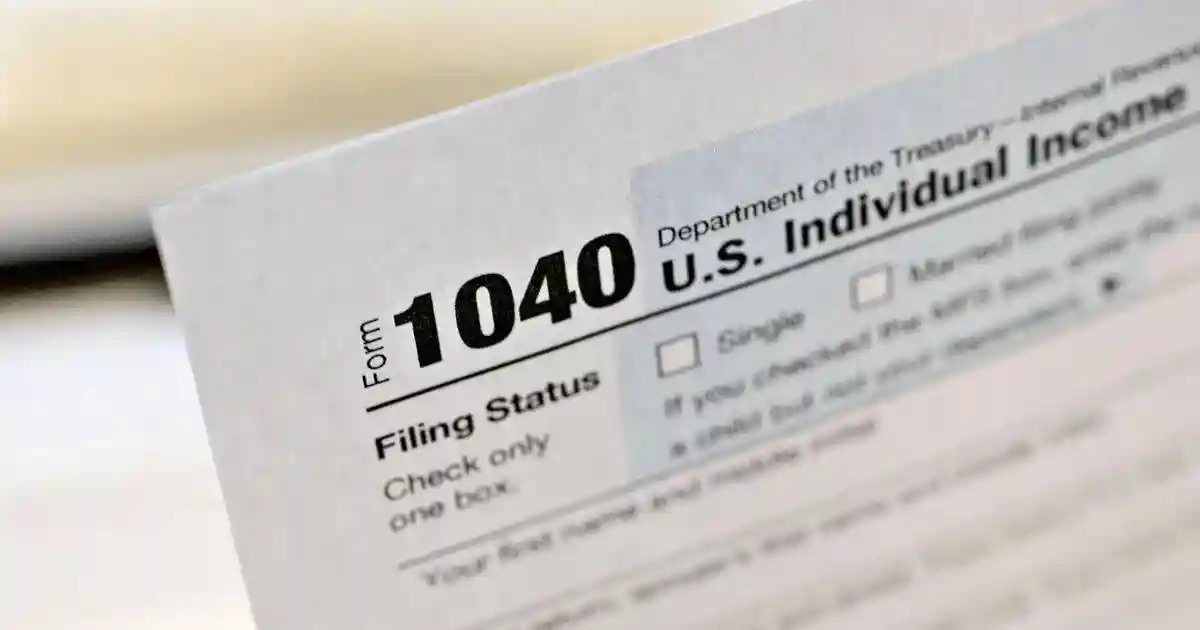In recent news, the Internal Revenue Service (IRS) has announced that most state tax rebates in California will not be considered taxable income. This means that taxpayers in California state tax rebates will not have to pay federal taxes on the money they receive.
This announcement comes after Governor Gavin Newsom signed a bill in September 2021 that provided California state tax rebates for eligible Californians. The bill, known as the Golden State Stimulus II, provides $600 payments to low-income Californians who use a personal taxpayer identification number when filing taxes., as well as $600 payments to all taxpayers who make up to $75,000 a year.

Payments made in 17 states would not be subject to taxation, but payments made in four other states might be, according to the Internal Tax Service on Friday. Credit. (Photo: Patrick Semansky)
While the California state tax rebates were a welcome relief for many Californians struggling to make ends meet during the pandemic, there was some concern that the payments would be considered taxable income by the IRS. This would have reduced the value of the payments for many Californians and added an unexpected tax burden for those who could least afford it.
However, the IRS has now clarified that most California state tax rebates, including those provided under the Golden State Stimulus II, will not be considered taxable income. This means that taxpayers in California can receive the full value of their California state tax rebates without having to worry about federal taxes.
There are, of course, some exceptions to this norm. For example, if a taxpayer itemizes their deductions on their federal tax return, they may need to include the California state tax rebates as income. Similarly, if a taxpayer received a tax deduction for the state taxes they paid, they may need to include the state tax rebate as income to the extent that it reduces their state tax liability.
Despite these exceptions, the IRS’s announcement is welcome news for many Californians who are struggling financially. The California state tax rebates provided by the Golden State Stimulus II will help many low-income Californians pay their bills and cover the costs of basic necessities like food and housing. For those who make up to $75,000 a year, the tax rebates will provide some much-needed financial relief during a difficult time.
The news is also likely to be welcomed by advocates for state tax rebates and other forms of direct cash assistance. Many economists and policy experts argue that direct cash assistance is an effective way to reduce poverty and stimulate economic growth, particularly during times of crisis like the COVID-19 pandemic. By making state tax rebates tax-free, the IRS is helping to strengthen the case for direct cash assistance as a policy tool.
However, it’s worth noting that not all state tax rebates will be tax-free under the new IRS guidance. For example, if a state tax rebate is provided as a credit against state taxes owed, the IRS may still consider it taxable income. Additionally, the IRS’s guidance only applies to federal taxes; state taxes may still apply to state tax rebates, depending on the laws of the individual state.
In conclusion, the IRS’s announcement that most state tax rebates in California will not be considered taxable income is good news for many Californians who are struggling financially. The tax rebates provided by the Golden State Stimulus II will provide much-needed financial relief for low-income Californians and help stimulate economic growth in the state. While there are some exceptions to the IRS’s guidance, the overall effect is likely to be positive for taxpayers in California and advocates for direct cash assistance more broadly.

